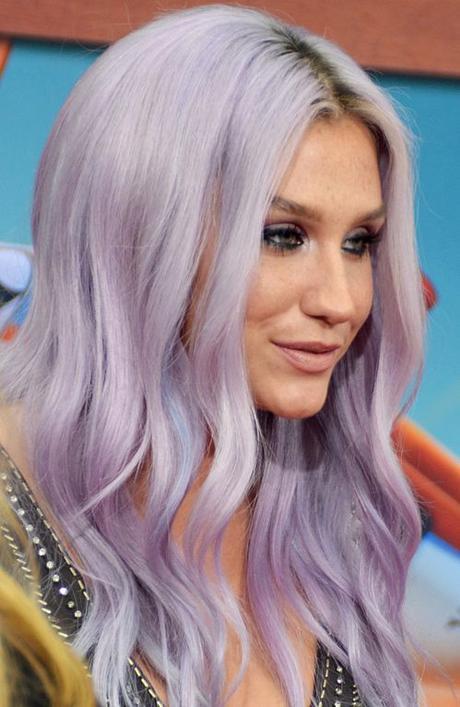
#FreeKesha
In 2014, Kesha sued her producer, Dr. Luke, for allegedly sexual assaulting her. More specifically, she sued for freedom from a contract that bound her to only producing music with her assailant. Her decision to do so added fuel to the already growing fire that is the current conversation about rape culture. One of the world’s biggest pop stars publicly admitted she had gone through something that’s still very much stigmatized in today’s society and even risked her career to fight for herself and countless other survivors by extension.
Much of the conversation surrounding this case has focused on the trauma of sexual assault itself, and rightfully so. But it seems Kesha’s experience highlights another aspect of the experience of assault: the trauma of shame. Shaming and blaming women for attacks waged on their bodies is an appalling but all too common aspect of rape culture. Doing so perpetuates the idea that women are inherently subordinate to men and that their bodies were never actually theirs in the first place.
One of the most disheartening things I witnessed over the course of this lawsuit was the number of people who questioned the legitimacy of Kesha’s story. Far too many doubted her claim and discredited her case as a desperate cry for attention, a publicity stunt meant to boost an arguably fading career.
Here’s the thing, though: We live in a society where the attention one gets from reporting their sexual assault is overwhelmingly negative. Many still ask what the survivor was wearing rather than question why the rapist acted violently. College women have especially spoken out about how this plays out on college campuses. Many students note they were ignored or discredited by administrators and/or treated badly by their classmates when they reported their assaults (a phenomenon explored in depth by the Oscar-nominated documentary The Hunting Ground).
Kesha’s case has demonstrated this attitude extends well beyond campus. For example, TV personality Wendy Williams claimed that Kesha could have easily worked with another producer. This claim insinuated that the singer was just whining about her own bad decision and effectively legitimized Dr. Luke by claiming the problem wasn’t his behavior, but an artist’s decision to work with him.
This type of backlash undermines the argument that anyone, especially someone as high-profile as Kesha, would willingly choose to subject themselves to this treatment unless they felt they had no other option for justice. Kesha’s case is not just a matter of an artist’s attempt to escape her contract, therefore, but about standing up for oneself as a survivor despite the blatant backlash that doing so usually perpetuates.
Kesha doesn’t deserve this treatment. She doesn’t deserve to be barred from making music because of her predator’s manipulation. She doesn’t deserve to be attacked for standing in the light of her truth. She doesn’t deserve the same type of backlash so many survivors of sexual assault have experienced before her. She doesn’t deserve any of this because no one does. We need to do better by Kesha because we need to do better by all survivors.
#FreeKesha

